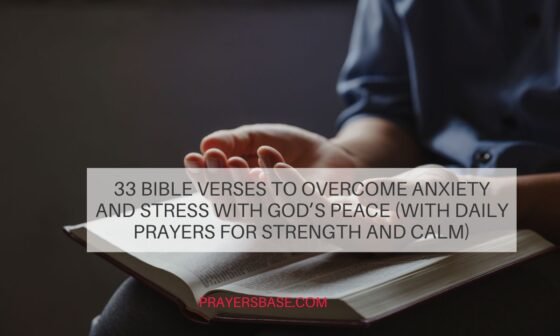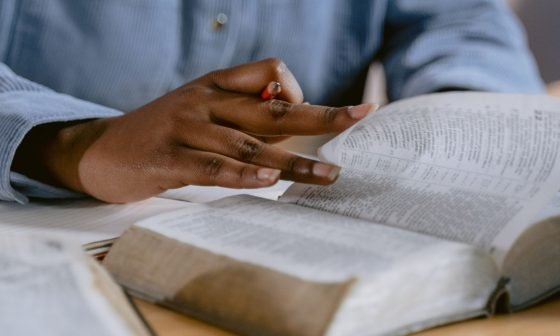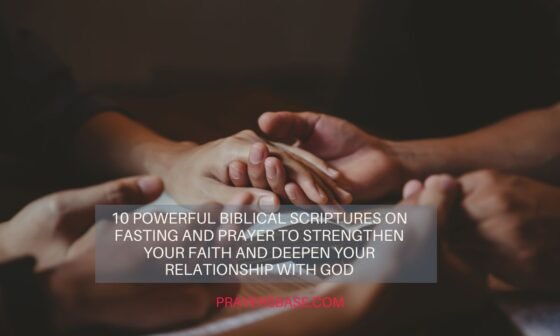As Halloween gets closer, you might wonder, what does Halloween mean in the bible? We aim to help you grasp the history and biblical view of Halloween. This way, you can decide how to celebrate wisely. The word “Halloween” comes from All Saints Day, a special day in the early Christian church.
This day was for remembering the martyrs solemnly. Let’s look into the halloween biblical meaning and its link to our faith. We’ll see how Halloween relates to our spiritual journey.
Exploring Halloween’s history, we’ll see its ties to the Christian faith. We aim to help you balance cultural participation and staying true to your faith. This way, you can celebrate with both joy and integrity.
The Historical Origins of Halloween Celebrations
Halloween started with the Celtic festival of Samhain. This festival ended the harvest and started winter. It was believed that on this day, the living and dead could meet.
The early Christian church mixed Samhain with All Saints Day. This mix created All Hallows Eve, now known as Halloween.
Many Christians wonder about Halloween’s biblical connection. Halloween isn’t in the Bible, but its traditions come from biblical teachings. Understanding Halloween’s history helps us see its faith connection.
Trick-or-treating and carving pumpkins come from old traditions. Carving Jack-o’-Lanterns started in Ireland with turnips, not pumpkins. Trick-or-treating comes from “souling,” where people asked for food in exchange for prayers.
Halloween has changed a lot over time. From Samhain to today, it’s a holiday with many meanings. Knowing its history helps us appreciate Halloween’s cultural and spiritual sides.
What Does Halloween Mean in the Bible: Examining Scripture
Halloween isn’t directly talked about in the Bible. Yet, we can learn how to handle pagan celebrations by looking at certain verses. These verses help us understand Halloween’s place in our faith.
Looking at if Halloween is in the Bible, we see verses about avoiding evil. For instance, 1 Thessalonians 5:22 and Ephesians 5:11 tell us to stay away from dark or evil actions. These teachings guide us on Halloween’s role in our beliefs.
Important points about Halloween in the Bible include:
* Keeping away from bad practices
* Being careful and choosing what’s good
* Standing strong against evil and staying true to our faith
* Understanding judgment and its link to evil deeds
By looking into these points and the meaning of Halloween in the Bible, we get a clearer view. We can then figure out how to deal with Halloween and other pagan events. As we face cultural celebrations, the Bible offers us wisdom and helps us stay grounded in our faith.
Ancient Harvest Festivals and Their Biblical Context
Exploring Halloween’s history means looking at ancient harvest festivals. These, like Jewish harvest celebrations, share biblical symbolism. They give us a new view on Halloween from a Christian perspective.
Jewish Harvest Celebrations
Jewish festivals like Sukkot are key in the Bible. They teach us about being thankful and the harvest season. By studying these, we learn more about Halloween’s biblical roots.
Parallel Cultural Practices
Other cultures have harvest festivals too, like Mexico’s Day of the Dead. These share biblical themes. They help us see Halloween’s religious side and its biblical ties.
Biblical Harvest Symbolism
The Bible’s harvest symbols are full of meaning. They talk about being thankful, having plenty, and life’s cycle. Understanding these symbols helps us see Halloween’s place in the Bible. It guides us in celebrating Halloween in a way that respects our faith.
Biblical Perspectives on Cultural Celebrations
Exploring Halloween in the Old Testament is key. We must understand the Bible’s view on cultural celebrations. This helps us know how to act during Halloween.
Looking at cultural celebrations, we must think about their origins. The Bible teaches us to honor God and avoid things He dislikes.
- Understanding the origins and history of the celebration
- Evaluating the possible pagan influences and practices
- Thinking about if the celebration matches biblical values
By thinking deeply about cultural celebrations, we can honor God. This is true for Halloween too. We should make sure our actions are guided by the Bible.
Understanding Halloween Through Christian Theology
Let’s look at the biblical meaning of halloween. We’ll see how it relates to Christianity. The Bible doesn’t mention “Halloween” but gives us guidance. We can understand it by looking at death and resurrection, saints, and spiritual warfare, and Christian freedom.
Death and Resurrection Symbolism
Halloween’s meaning can be seen in death and resurrection. Christians believe in life’s victory over death. This helps us understand halloween better.
Saints and Spiritual Warfare
The idea of saints and spiritual battles is key. We aim to be saints and fight against darkness. This helps us deal with halloween’s challenges.
Christian Liberty and Cultural Engagement
Christian freedom and cultural involvement are important. We can join in cultural events but wisely. By knowing halloween’s biblical meaning, we can celebrate in a way that shows our faith.
Biblical Warnings About Pagan Practices
When we talk about Halloween, we must think about the Bible’s warnings. The Bible tells us how to act when faced with pagan practices. How can we enjoy Halloween while staying true to our faith?
The Bible says no to divination, spiritism, and talking to the dead, as in Deuteronomy 18:10-12. Halloween comes from the pagan Celtic festival of Samhain. As Christians, we should watch out for activities that might go against our faith.
Old Testament Prohibitions
The Old Testament clearly says no to pagan practices. Deuteronomy 18:10-12 tells us to avoid divination, spiritism, and talking to the dead. These actions are against God’s will and can harm our spirits.
New Testament Guidance
The New Testament gives us advice on pagan practices. Ephesians 5:11 tells us to stay away from “the fruitless deeds of darkness.” This means we should think about our actions and avoid pagan or ungodly activities. Romans 14:5-6 shows that believers have different views on days like Halloween.
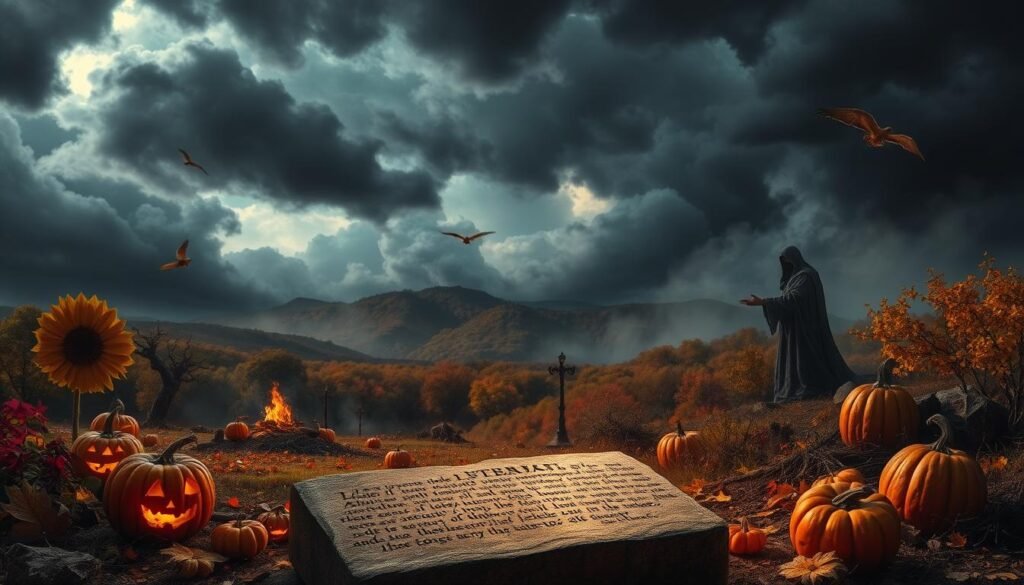
Thinking about the Bible’s warnings on pagan practices, we must apply these teachings in our lives. This means being careful about participating in Halloween and other holidays with pagan roots. By being informed and careful, we can choose actions that match our faith and values.
Modern Christian Responses to Halloween
Halloween can be tricky for many Christians. We must think about how to respond to it. Some choose not to participate, while others see it as a chance to connect with others and share their faith.
About 40% of churches use Halloween to reach out. They have events like “Trunk-or-Treat.” This way, Christians can meet their neighbors in a fun setting. Yet, around 50% of Christians stay away. They worry about Halloween’s roots and its links to evil or witchcraft.
Here are some ways Christians handle Halloween:
* They host fall festivals or harvest parties to focus on faith and community.
* Some go trick-or-treating but with a Christian twist.
* Others use Halloween to share their faith and values.
* Some choose not to participate and celebrate other faith-based events instead.
Our Halloween response should reflect our faith and values. We aim to honor God and spread His love. By being careful and thoughtful, we can turn Halloween into a chance to connect and share our faith.
Biblical Principles for Holiday Participation
When we think about holidays like Halloween, we need to look at what the Bible says. We should ask, “What does the Bible say about joining in cultural celebrations with pagan roots?” How can we follow biblical teachings while also being part of our community?
Personal Conviction and Faith
Our faith and personal beliefs are key in deciding how we join in holidays. We must think about what the Bible says about being careful and wise. For example, Ephesians 5:8-11 tells us to stay away from dark deeds. As we deal with Halloween and our faith, we must keep our faith first and look to the Bible for guidance.
Community Consideration
Thinking about how our actions affect others is also important. We should think about how our choices might impact our kids and other believers. A survey shows about 50% of parents plan to take their kids trick-or-treating in 2023. This shows we need to think carefully about our decisions.
Practical Application
So, how do we put these principles into action? We can learn about Halloween’s origins and teach our families. We can also find other celebrations that share our biblical values and bring us together. This way, we can enjoy the holiday season while staying true to our faith and respecting our community.
Alternatives to Traditional Halloween Celebrations
Many of us are looking for new ways to celebrate Halloween. Church harvest festivals are a fun, faith-based option. They have games, food, and activities for everyone.
Another choice is faith-based activities like prayer or Bible study. These help us focus on the season’s true meaning. They make us thankful for the harvest.
Here are some ideas for new Halloween celebrations:
- Hosting a fall festival or harvest party with friends and family
- Participating in a church-sponsored event or activity
- Volunteering at a local food bank or soup kitchen
- Going on a nature walk or hike to appreciate the beauty of the season
Exploring new traditions can be rewarding. Whether it’s church festivals or faith-based activities, we can celebrate the fall season in meaningful ways. This helps us connect with our community and find joy.
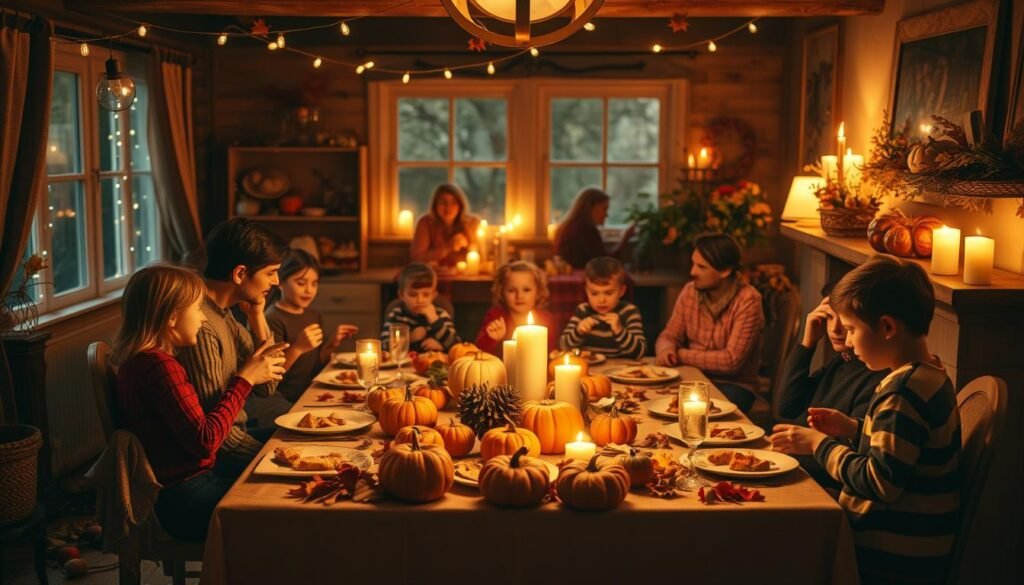
Biblical Wisdom for Parents Regarding Halloween
When dealing with Halloween and parenting, the Bible offers great advice. It teaches us how to talk to our kids about Halloween’s true meaning. It also shows us how to handle its cultural side.
The Bible tells us to seek righteousness in 1 Timothy 6:11. This means thinking about how Halloween might affect our kids’ faith. Galatians 5:1 reminds us of our freedom from holiday pressures, like those on Halloween.
Parents should think about a few things:
* Talk to your kids about Halloween’s history and what it means.
* Think about how Halloween might change your kids’ beliefs.
* Look into other celebrations, like harvest festivals or reformation parties.
* Talk to your kids about Halloween’s cultural side.
Using the Bible’s teachings, we can guide our kids through Halloween. As Christian parents, we can help our kids grow spiritually. We can also help them understand cultural celebrations like Halloween.
Transforming Halloween into a Christ-Centered Experience
Halloween has a rich history and cultural meaning. We can turn it into a celebration centered on Christ. This means sharing the gospel and giving a faith-based twist to the holiday.
By linking Halloween to our Christian beliefs, we make it more meaningful. We can teach kids about its history and hold faith-based events. This enriches our spiritual lives and connects us with our communities.
Educational Opportunities
- Teaching children about the history and cultural significance of Halloween
- Exploring the connection between Halloween and the Christian faith
- Discussing the importance of critical thinking and discernment in cultural celebrations
Ministry Possibilities
Halloween can be a chance to share Christ’s love. We can host harvest festivals and trunk-or-treat events. These activities offer a positive, faith-filled alternative to the usual Halloween.
Let’s make Halloween a celebration of Christ. By focusing on its spiritual side, we can share the gospel. This way, we give a faith-based twist to the holiday.
Conclusion: Finding Biblical Balance in Cultural Engagement
As we finish our look at Halloween and Christianity, finding a biblical balance is key. Halloween’s roots may be in old traditions, but we can make it about Christ. By using biblical wisdom, we can handle cultural events like Halloween wisely.
The Bible tells us to be in the world but not of it. As Christian families, we can think about how to join in Halloween in a way that fits our faith. This way, we can share God’s love and offer a positive, faith-based choice.
It doesn’t matter if you join in, stay away, or find a middle path. The most important thing is to stay true to God’s Word. As we deal with cultural events, may we show Christ’s light in all we do, even on Halloween.
FAQ
What does Halloween mean in the Bible?
Halloween started from All Saints Day in the early Christian church. It’s a day to remember martyrs. The Bible doesn’t mention Halloween directly. But it guides how Christians should act in cultural celebrations.
What is the biblical perspective on Halloween?
The Bible doesn’t say Halloween is wrong. It gives rules for dealing with cultural events. It teaches to think carefully, follow your heart, and always remember God’s glory.
Is Halloween mentioned in the Bible?
No, “Halloween” isn’t in the Bible. But it talks about old harvest festivals. These might remind us of Halloween today.
What is the biblical significance of Halloween?
Halloween isn’t directly talked about in the Bible. Yet, it shares wisdom on cultural events. Themes like death, life, and honoring saints are important during Halloween.
How do Christians respond to Halloween according to the Bible?
The Bible tells Christians to be careful and true to their faith. Some celebrate Halloween lightly. Others choose different faith-based activities.
What does the Bible say about pagan practices and Halloween?
The Bible cautions against pagan ways and idol worship. Halloween might have pagan roots. But Christians can celebrate with wisdom and a focus on God and life in Christ.
How can Christians transform Halloween into a Christ-centered experience?
Christians can make Halloween a time for sharing the gospel. By focusing on death, life, and saints, they can honor God. This turns Halloween into a celebration of faith and sharing the Good News.


